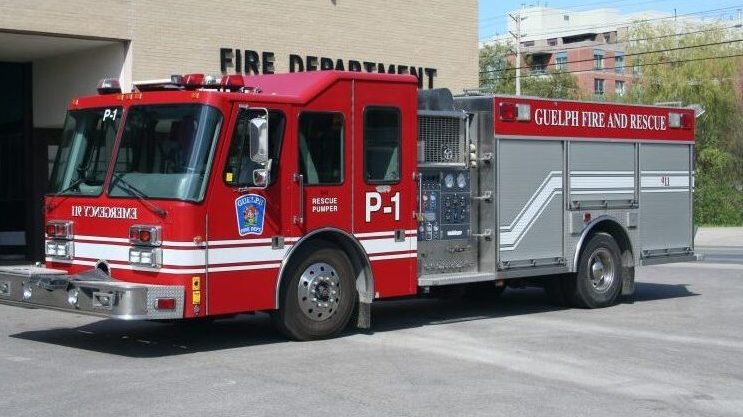Falling gas prices helped slow December inflation to 1.5%
Posted Jan 23, 2015 05:25:37 PM.
This article is more than 5 years old.
Falling Canadian pump prices last month played a big role in slowing the country’s annual inflation rate to 1.5 per cent in December compared with two per cent in November.
Statistics Canada’s report Friday found gasoline prices in December were down 16.6 per cent compared with a year ago. The move lower followed a drop of 5.9 per cent in November.
Compared with a year earlier, the federal agency says consumer prices rose in seven of the survey’s eight major categories with transportation, which includes gasoline, the lone decliner.
The December headline inflation reading matched economists’ expectations, according to Thomson Reuters.
Some of the biggest year-over-year price increases detected in more-specific goods were natural gas at 16.5 per cent, meat at 13.1 per cent and cigarettes at 11.4 per cent. All three also saw major gains in November.
The core inflation measure, which excludes some volatile items such as gasoline, accelerated slightly in December to 2.2 per cent to match economists’ expectations. The core rate was 2.1 per cent for November.
The latest inflation numbers come as Canada tries to assess the economic impacts of the rapid drop in oil prices since the summer.
On Wednesday, the Bank of Canada said the economy had suffered an “oil price shock.”
The central bank accompanied the statement with a surprise reduction in its trend-setting interest rate by a quarter of a percentage point — to 0.75 per cent.
“The oil price shock increases both downside risks to the inflation profile and financial stability risks,” the bank said.
The oil-price collapse also prompted the federal government to take the unusual step of delaying its budget until at least April, so it could weigh the effects.
Looking at the provinces, inflation readings for December slowed on a year-over-year basis in every province, except for Manitoba, where inflation sped up to 1.5 per cent from 1.1 per cent in November.
Prince Edward Island was the only province that registered a drop in consumer prices compared with the year before, with a decline of 0.4 per cent.
On a seasonally adjusted month-to-month basis, Statistics Canada’s report said prices overall fell 0.1 per cent in December, after falling 0.2 per cent in November.
On Friday, Statistics Canada also released November’s retail-trade figures, which rose by 0.4 per cent to $43 billion.
The agency said the increase was led by a 13.4-per-cent increase in sales at shoe stores and a 4.9-per-cent clothing stores.










